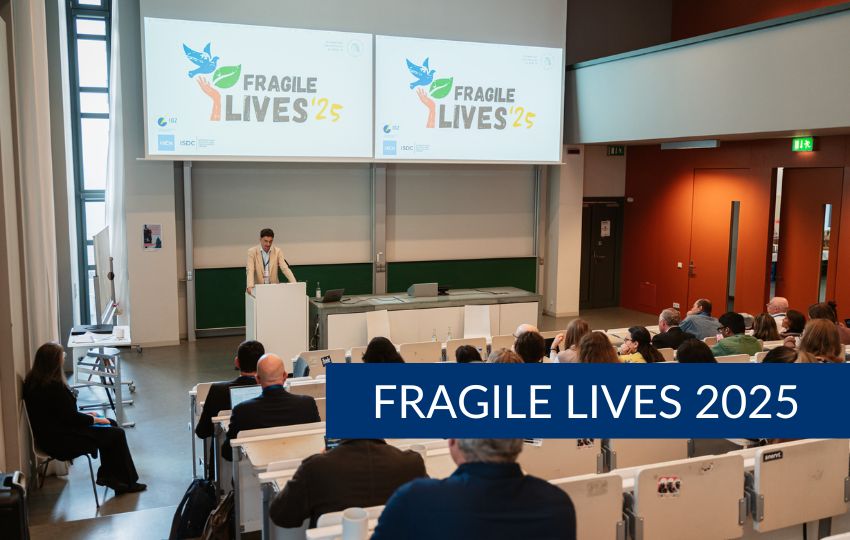Fragile Lives 2025 marked the second edition of an annual expert conference aimed at discussing the role of scientific evidence in shaping policies for fragile and conflict-affected areas. Across 29 sessions and over 70 presentations, 150 participants engaged in rich discussions, debated pressing issues, and forged new research and policy ideas—establishing valuable collaborations along the way.
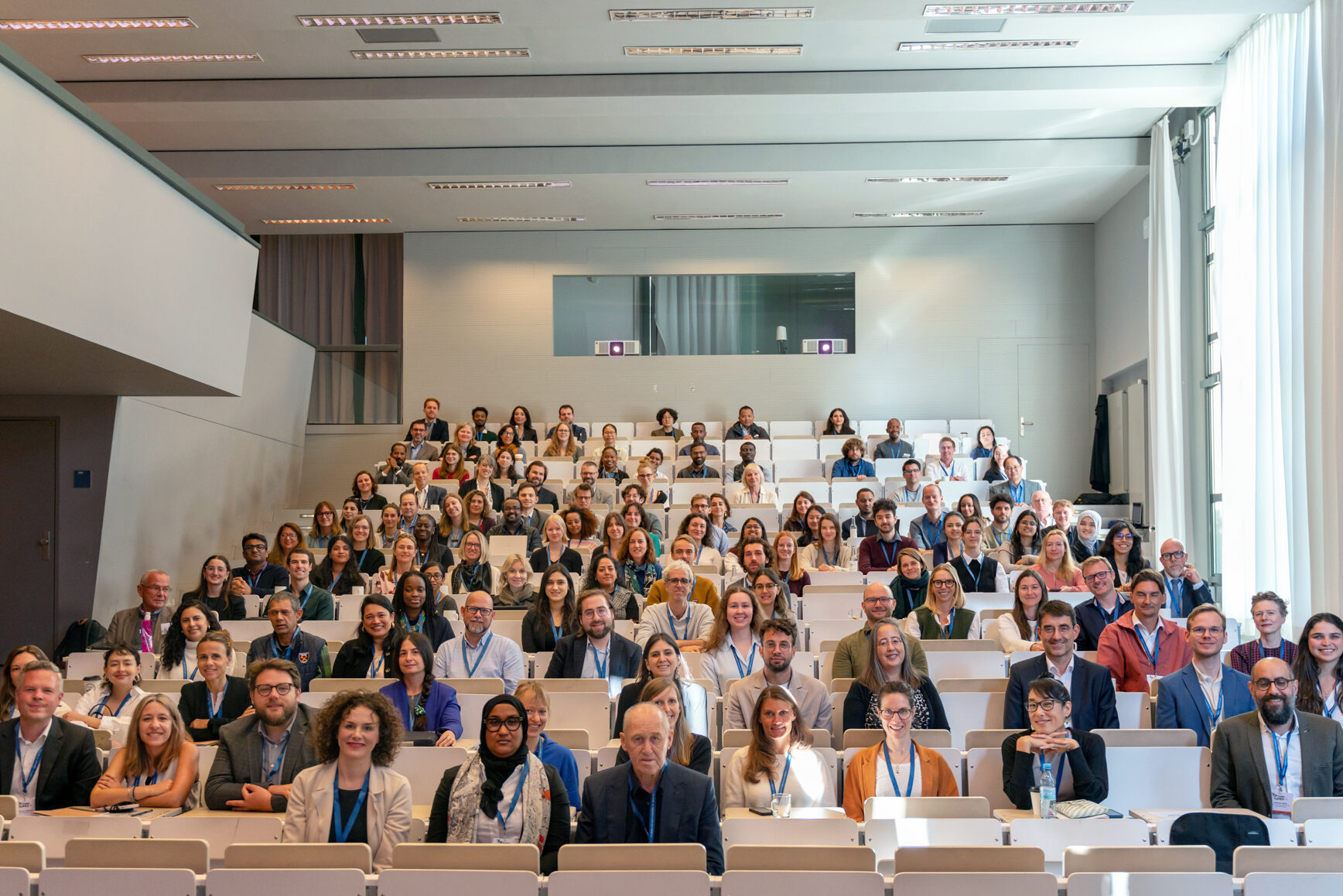
29 sessions
>70 presentations
150 participants
We extend our heartfelt thanks to all participants, presenters, and speakers who helped make this two-day conference a vibrant space for knowledge exchange. The event left us inspired and excited to welcome you to Fragile Lives 2026, taking place in Berlin on 30 September and 1 October 2026.
Exploring Gender, Institutions, and Fragility
This year’s theme, “Gender, Institutions, Fragility”, brought together researchers, policymakers, and practitioners to examine how gender and institutions intersect with fragility, insecurity, conflict, and emergency response.
Program highlights
In the opening session, Aissatou Maisha Dicko (World Bank–UNHCR Joint Data Center on Forced Displacement) discussed how fragility exacerbates gender inequality while also presenting opportunities for progress. Steve Killelea (Institute for Economics & Peace) provided a sobering overview of global conflict trends, emphasizing the need for investment in peacebuilding. Stella Voutta (Robert Bosch Stiftung) reflected on vulnerabilities within our own societies and institutions, underlining the importance of confronting our positionality when working in fragile contexts.
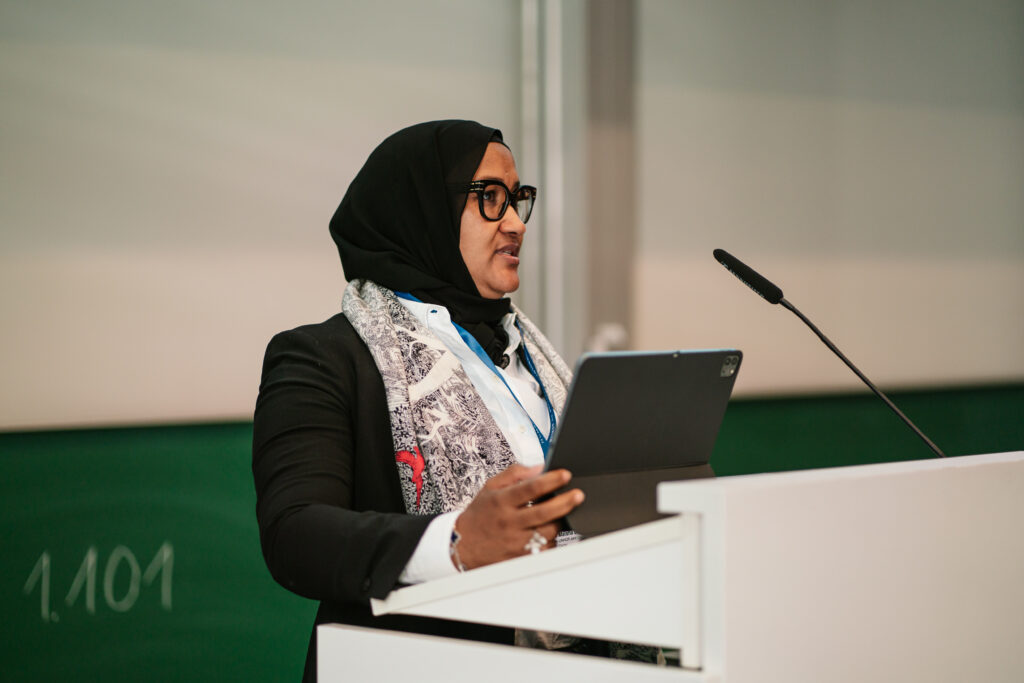
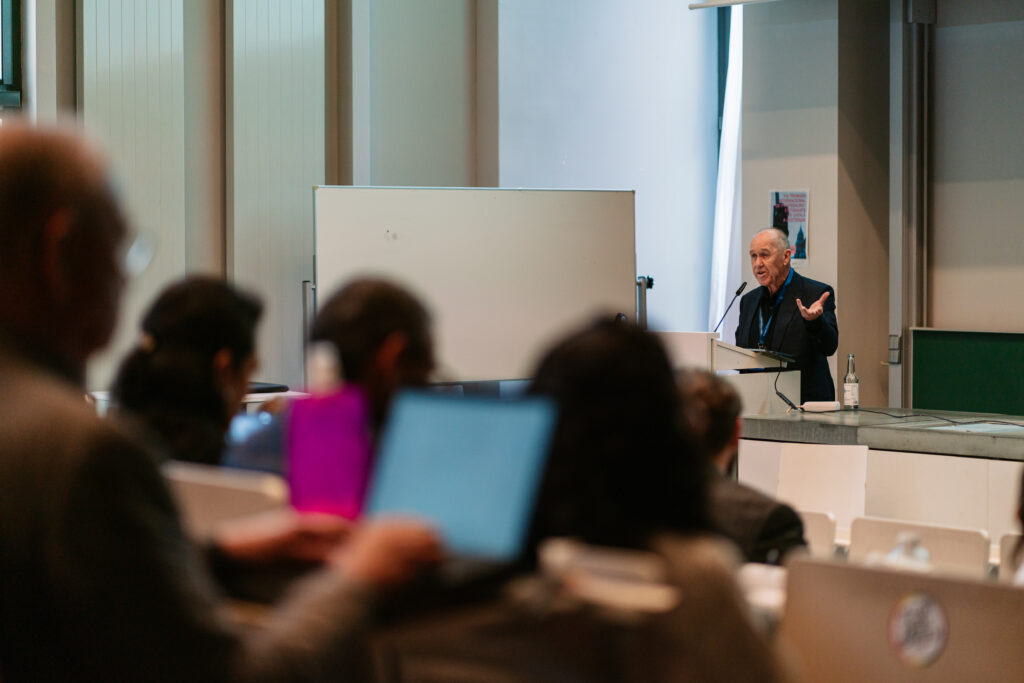
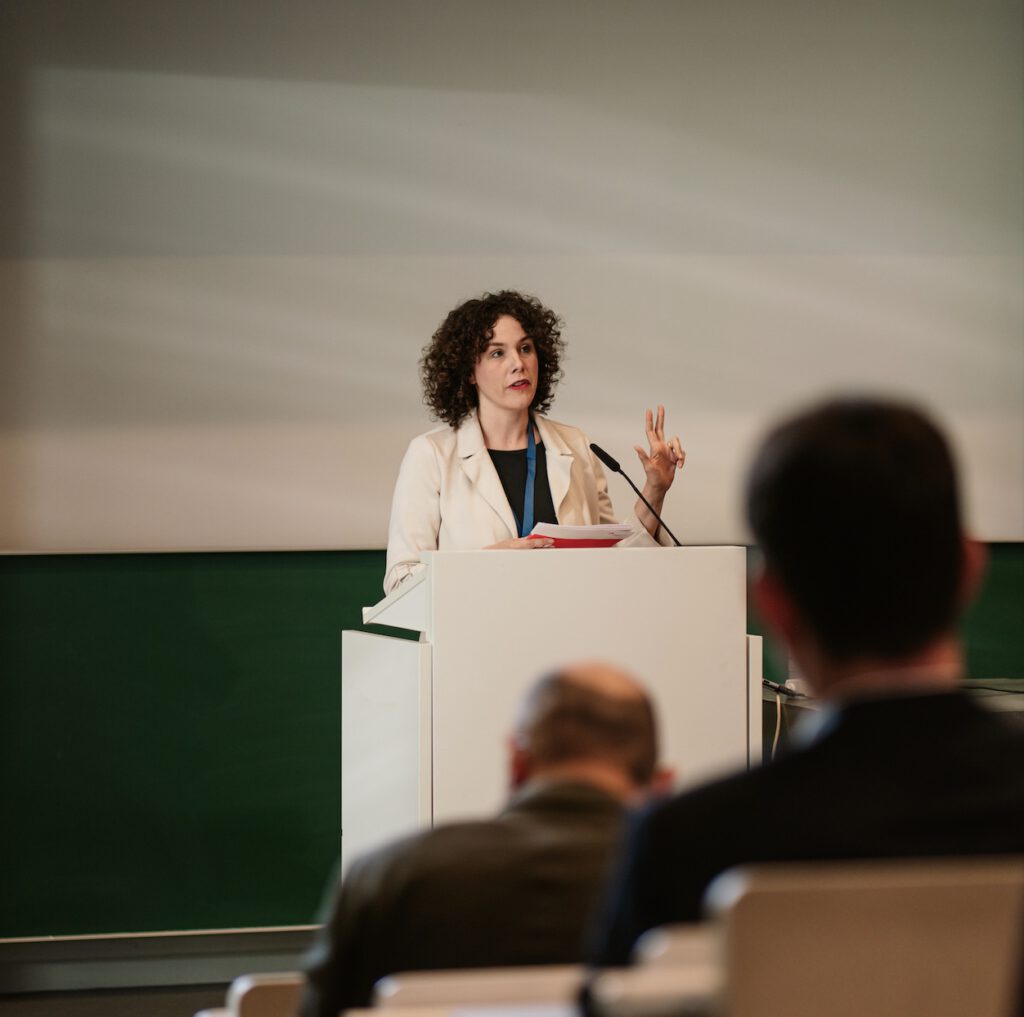
The keynote addresses offered powerful insights into the conference theme
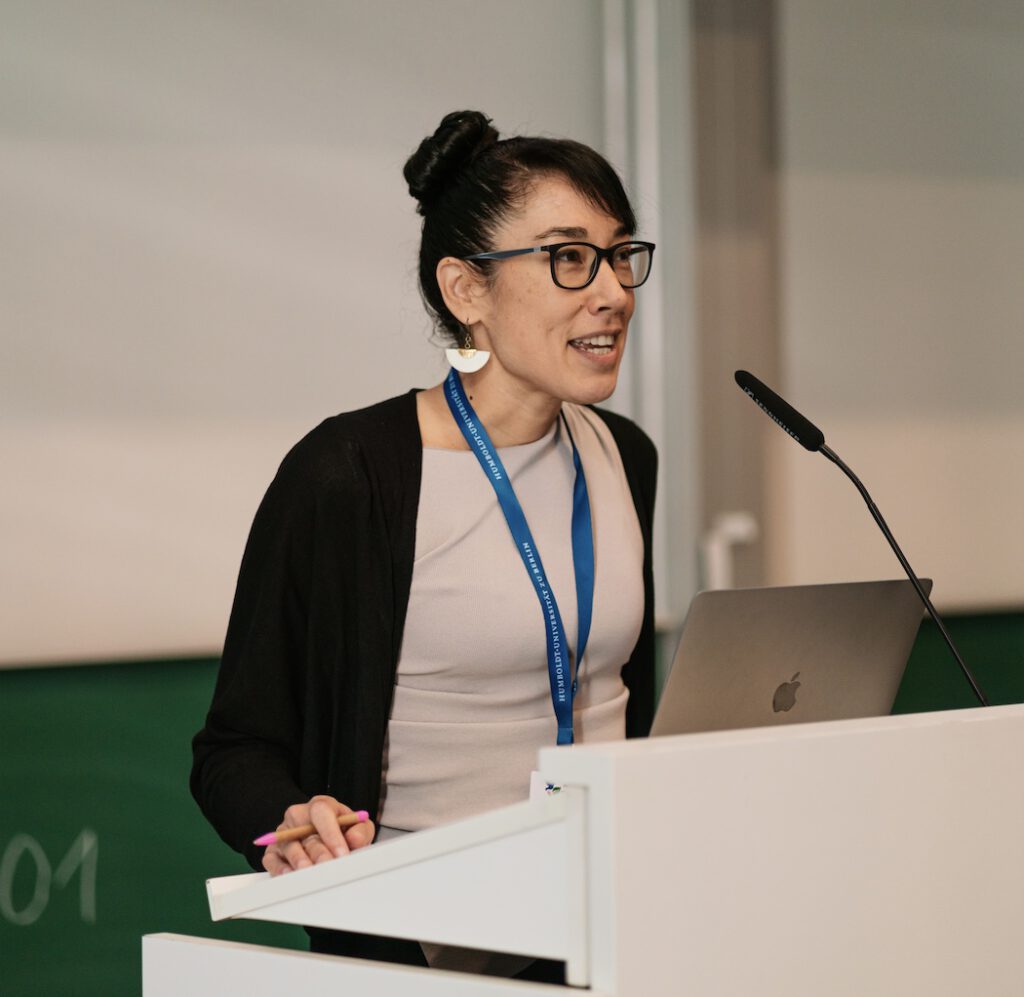
Amber Peterman (UNICEF) explored the disconnect between micro- and macro-level experiences of violence in research and programming, calling for more integrated approaches.
Patricia Justino (UNU-WIDER) presented global survey data showing how eroding trust in institutions and social cohesion threatens governance in fragile settings.
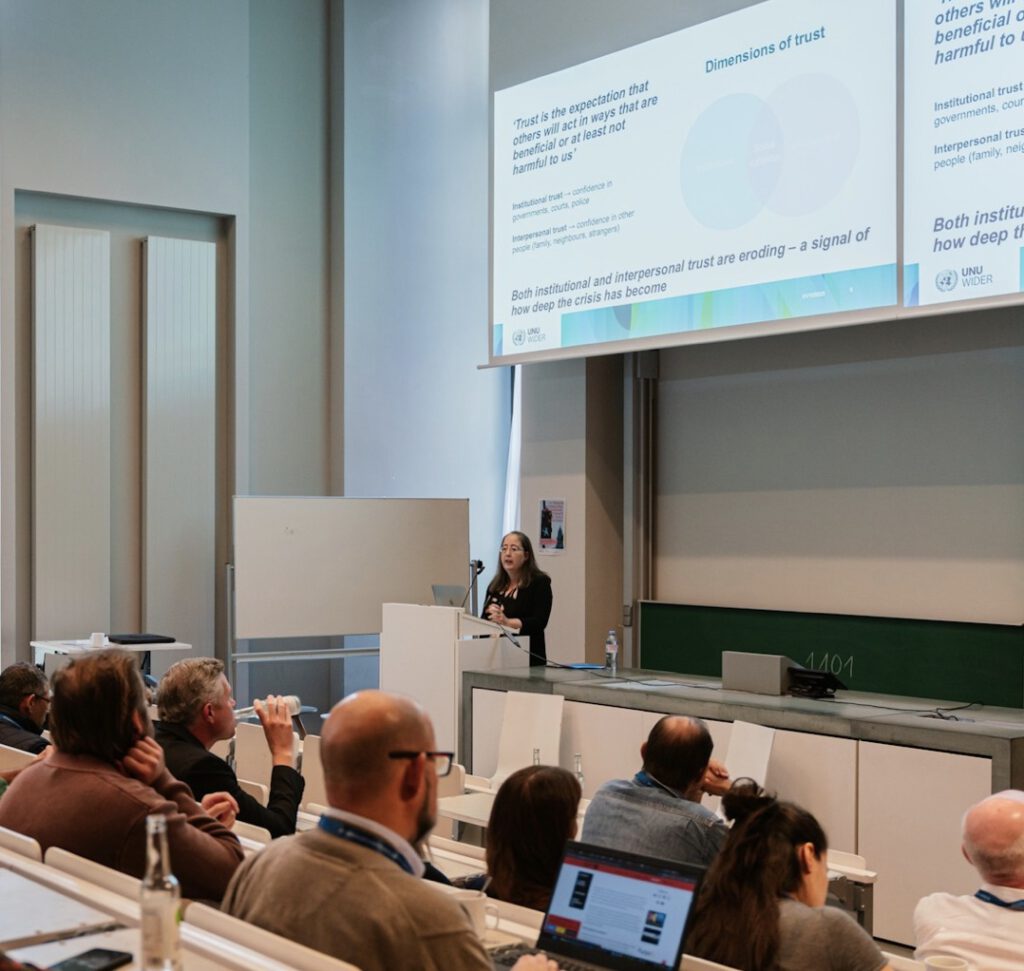
Empowering women and girls in fragile settings
Chaired by Tilman Brück (ISDC, Humboldt, IGZ), the session featured a presentation by Francisca Castro (ISDC) on strategies to empower women and girls, followed by a dynamic panel with Sudhanshu Handa (University of North Carolina at Chapel Hill), Julia Koch de Biolley (EEAS), Sheree Kullenberg (International Rescue Committee), and Natalia Winder Rossi (UNICEF Egypt). The panel tackled persistent challenges such as marginalization, limited participation, structural vulnerability, and gender-based violence. It emphasized the need for gender-disaggregated, intersectional data and the importance of co-creating solutions with women- and girl-led groups.

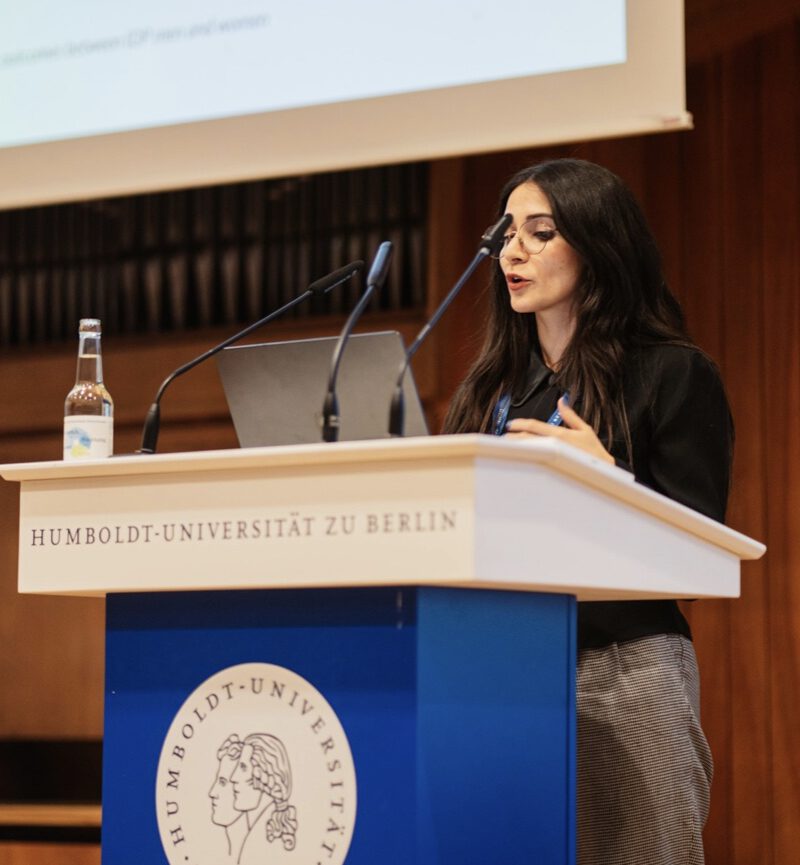
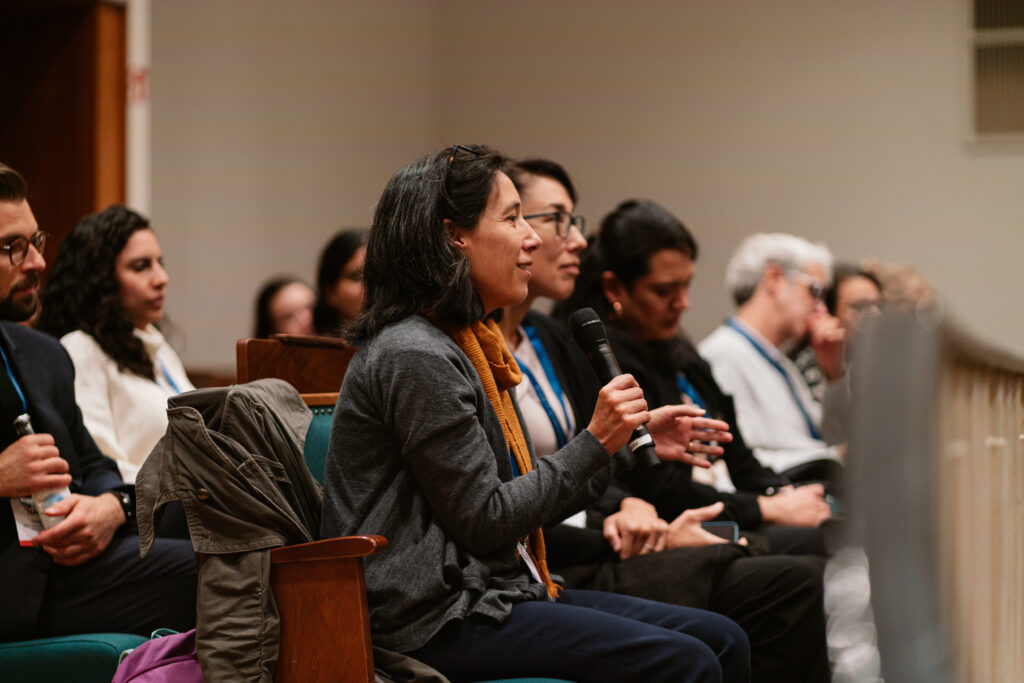
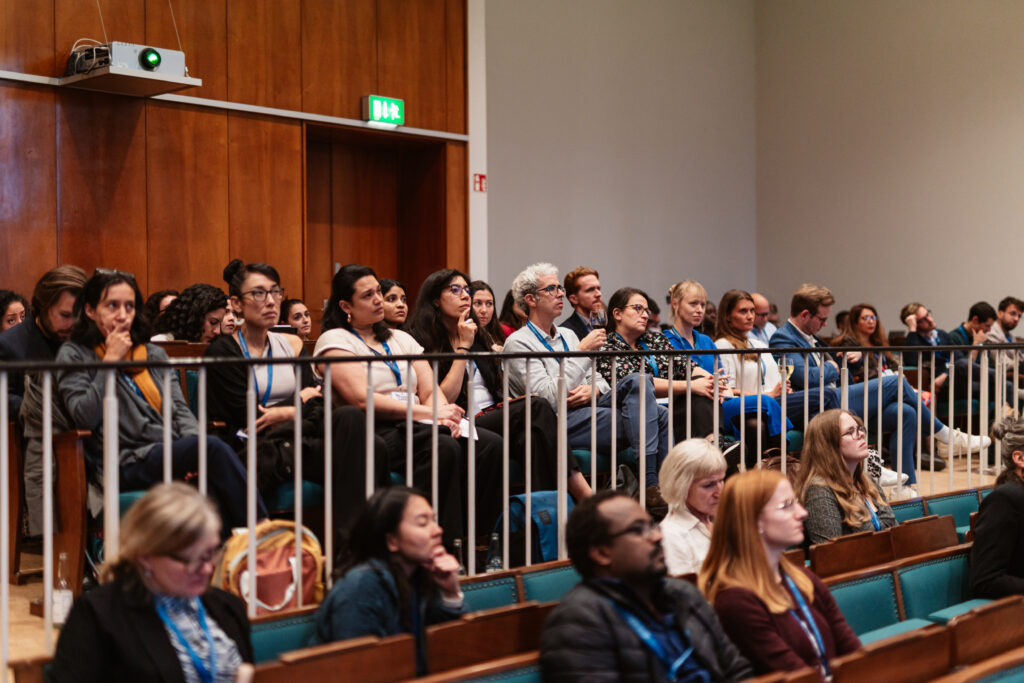
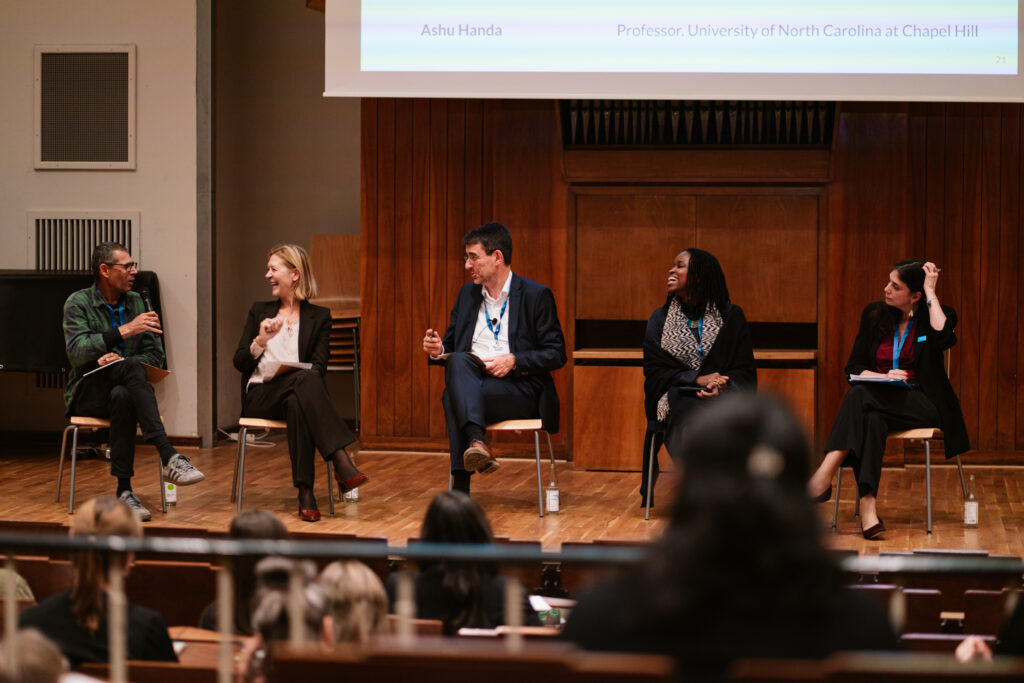
What’s next?
Fragile Lives 2025 was organized in partnership by Humboldt University of Berlin and the Leibniz Institute for Vegetable and Ornamental Crops (IGZ), with support from ISDC. The conference fostered cross-sectoral and interdisciplinary exchange, aiming to bridge the gap between evidence and action.
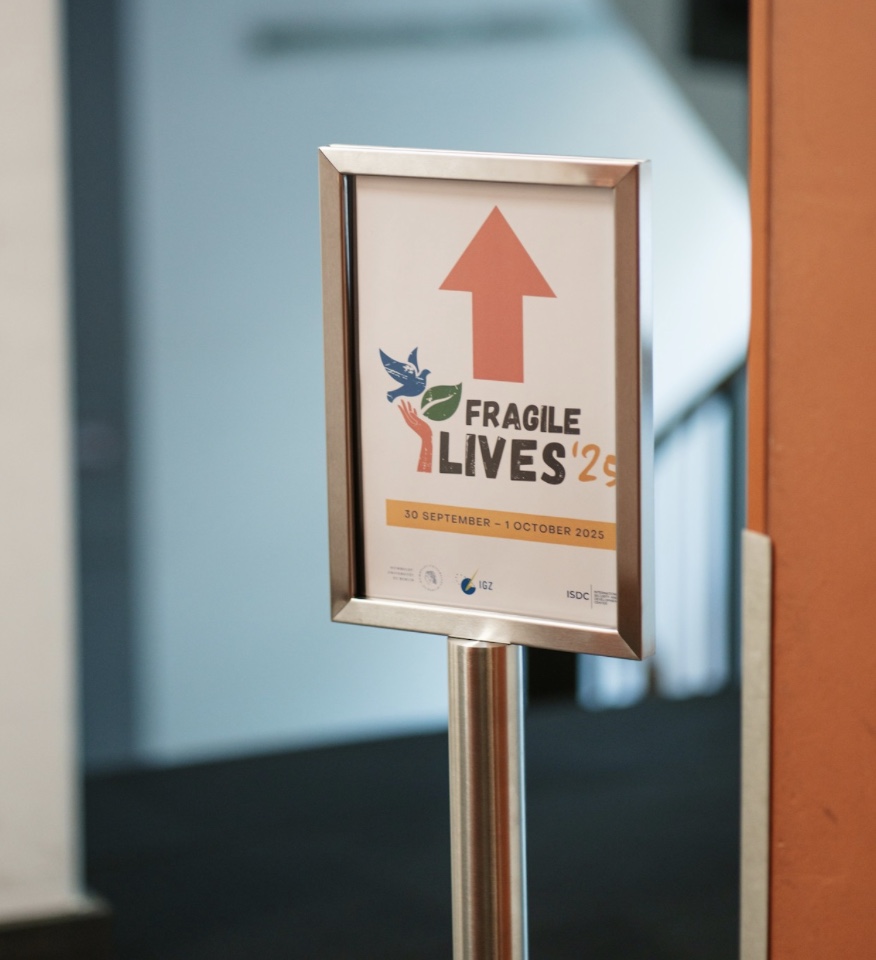
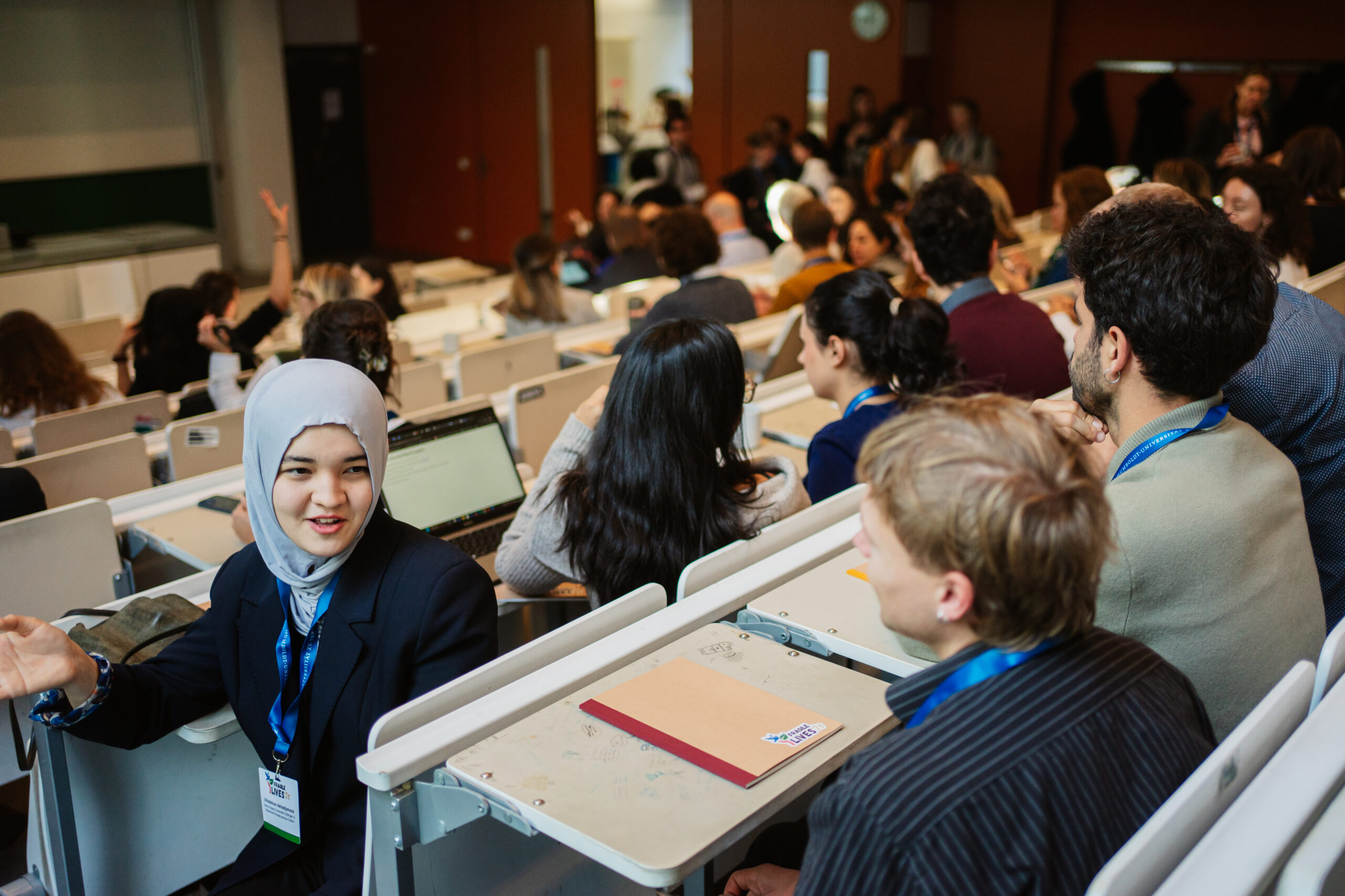
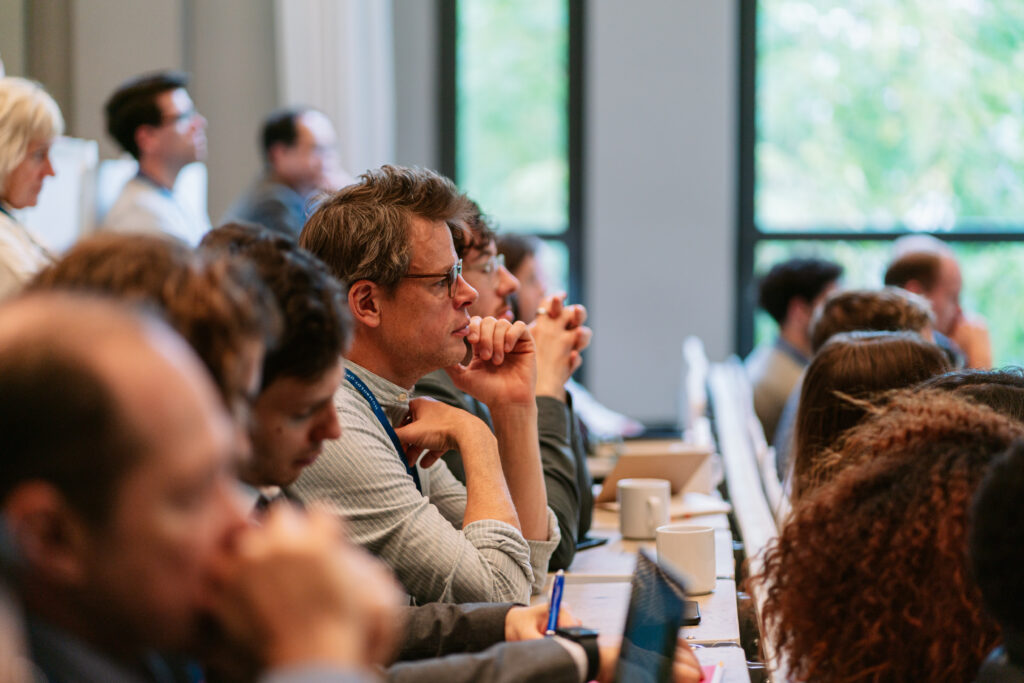
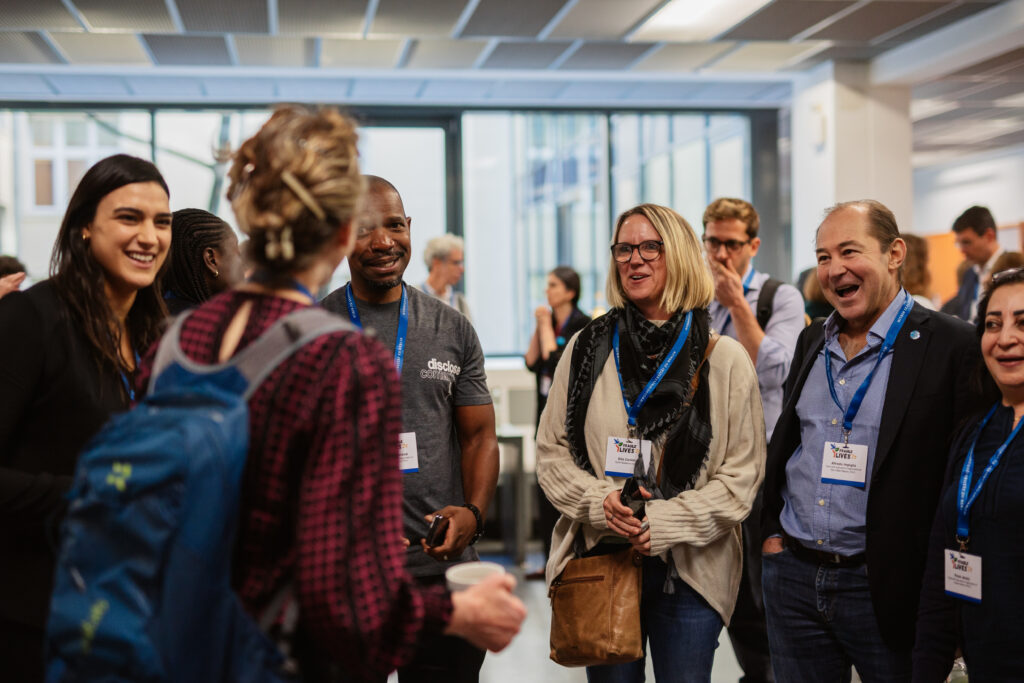
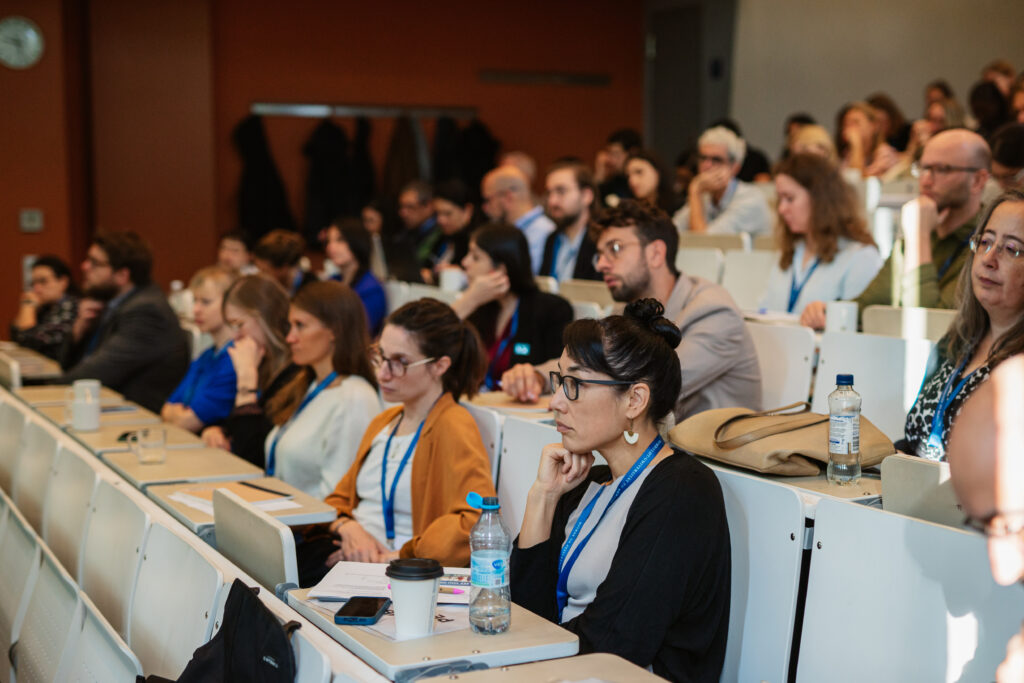
We’re already looking ahead to the next edition: Fragile Lives 2026 will take place in Berlin on 30 September and 1 October 2026. We look forward to continuing these vital conversations and further strengthening the global community of researchers, policymakers, and practitioners working in fragile and conflict-affected settings.
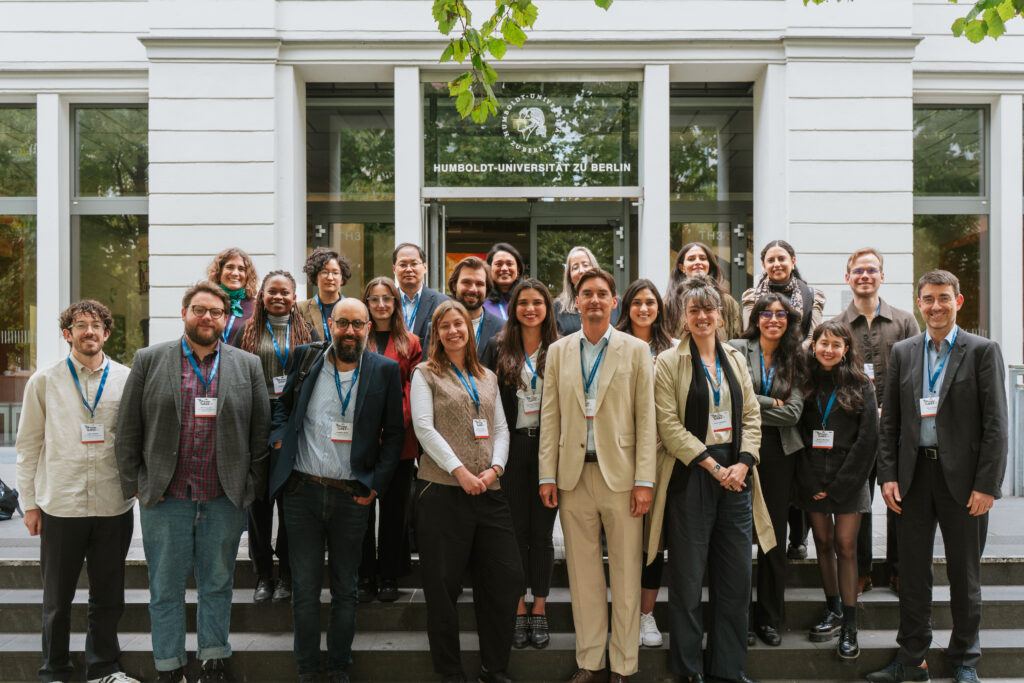
Until then, thank you once again to all who contributed to Fragile Lives 2025. We are inspired by your work and commitment—and we look forward to seeing you next year.
Photo credit: Nada Males
